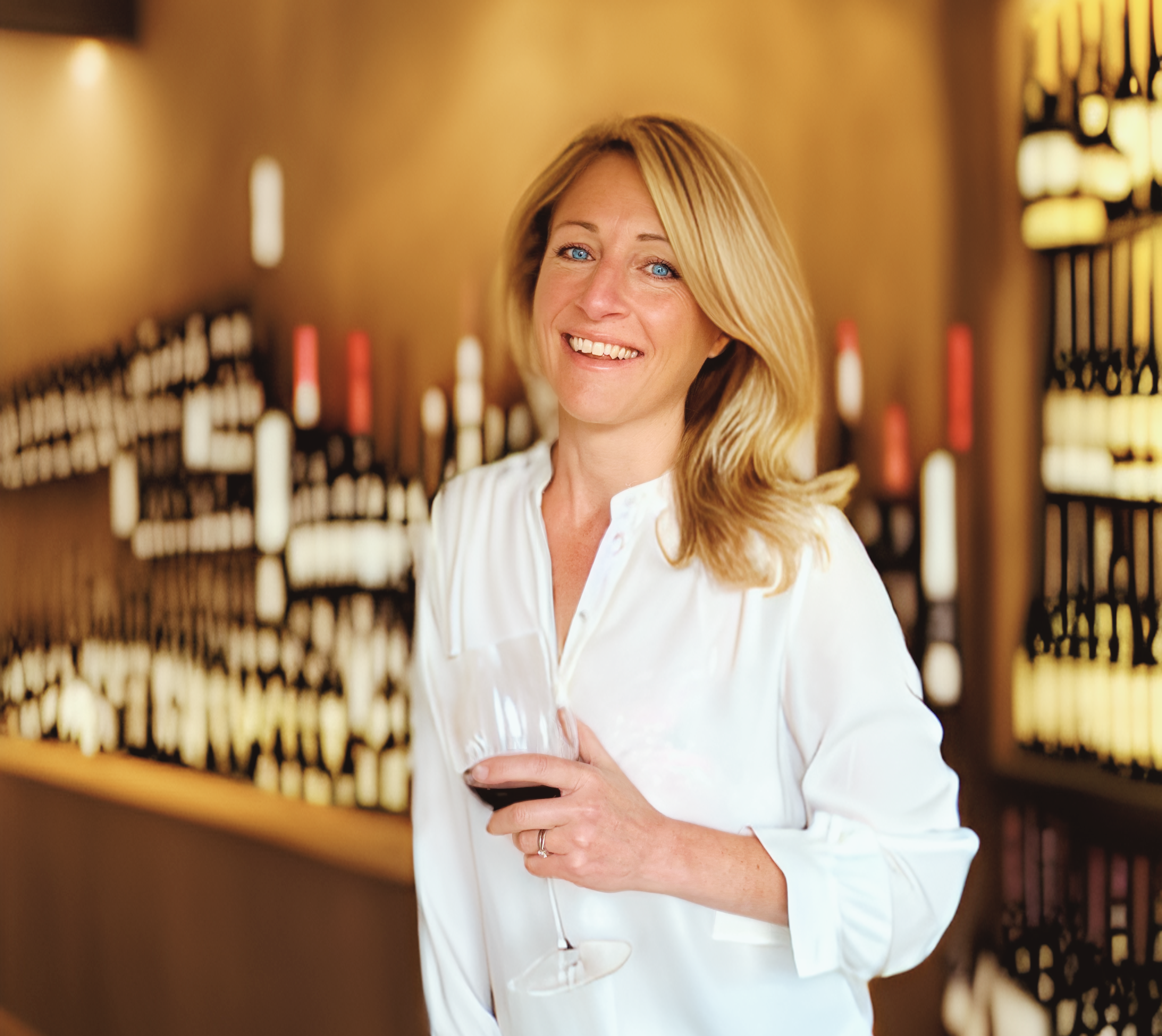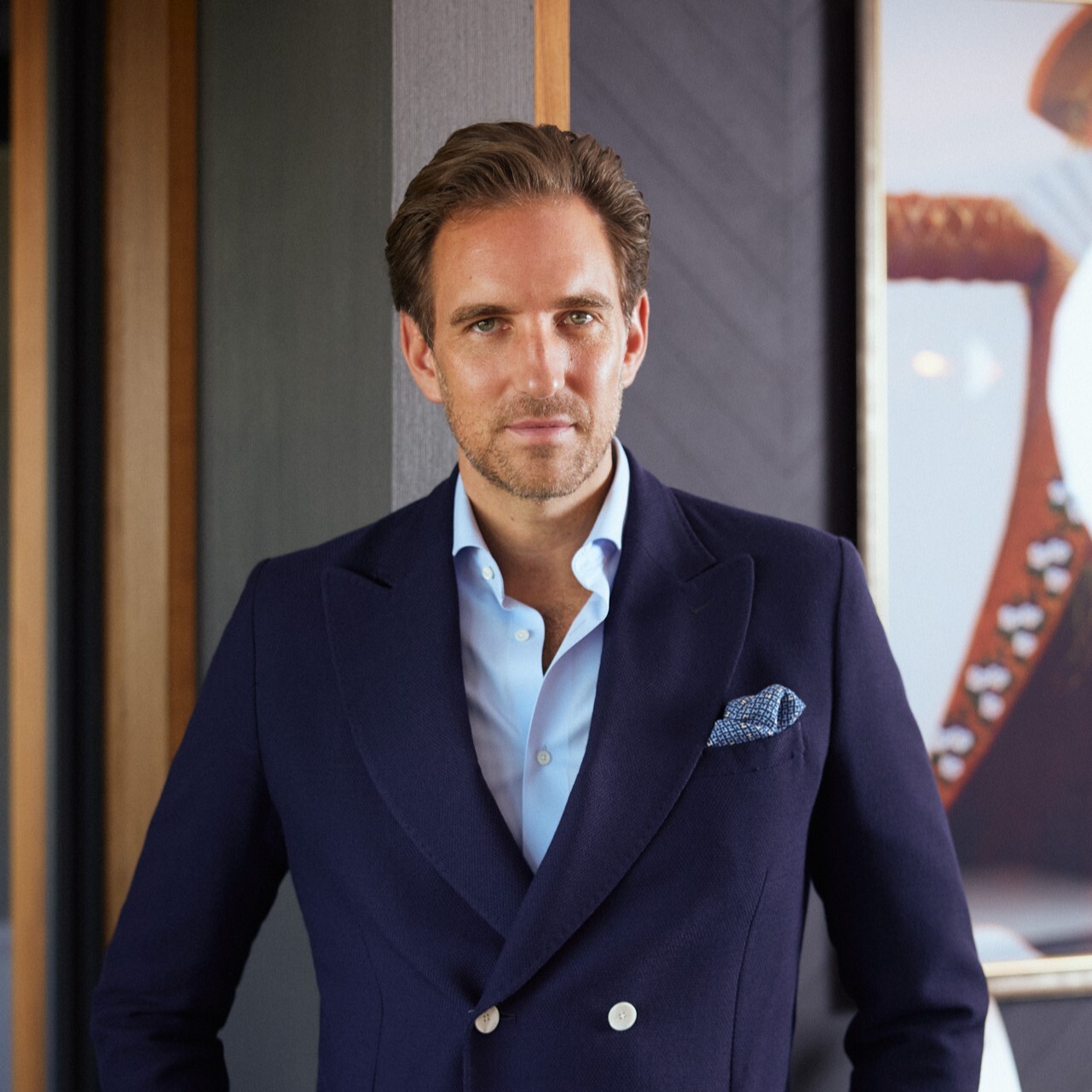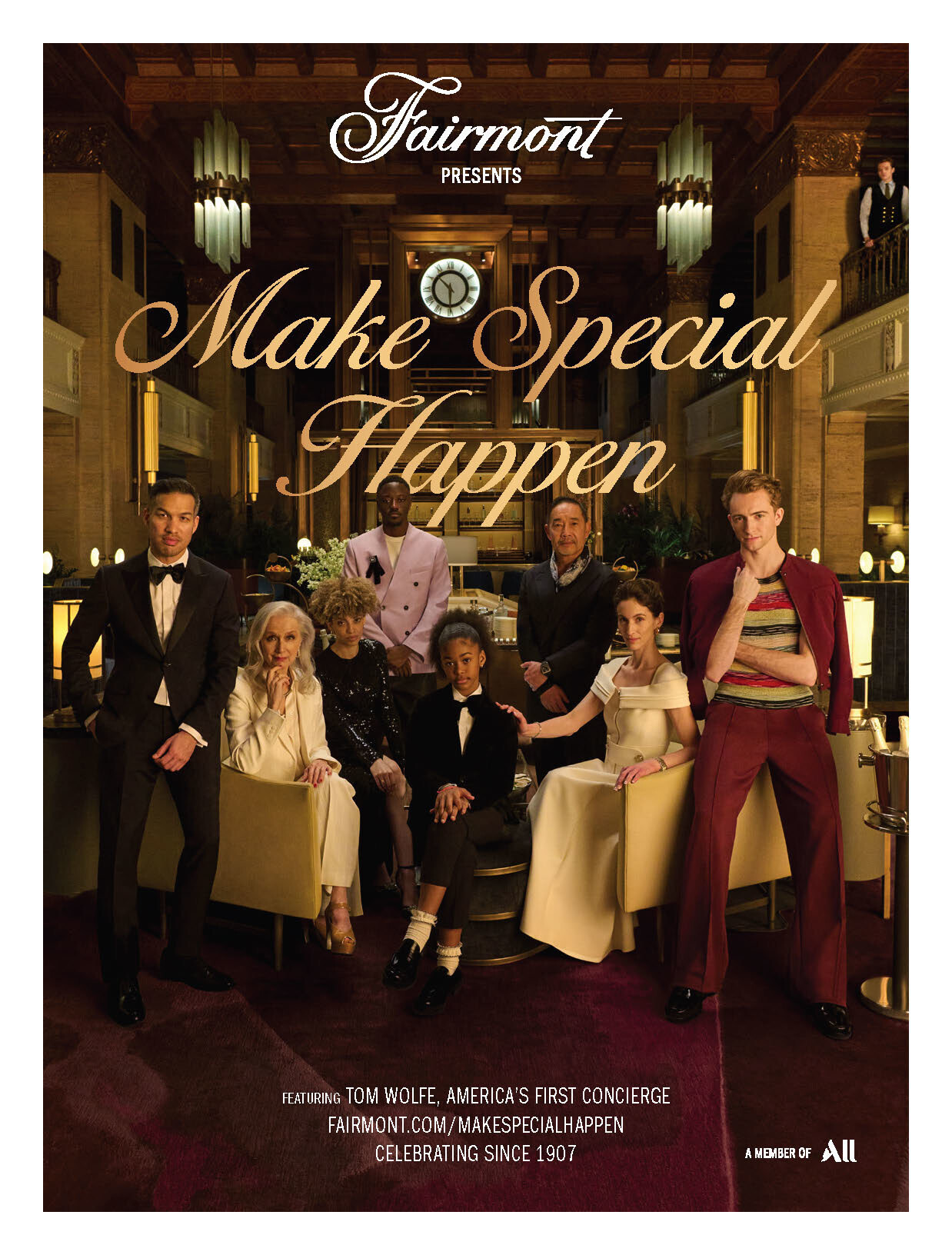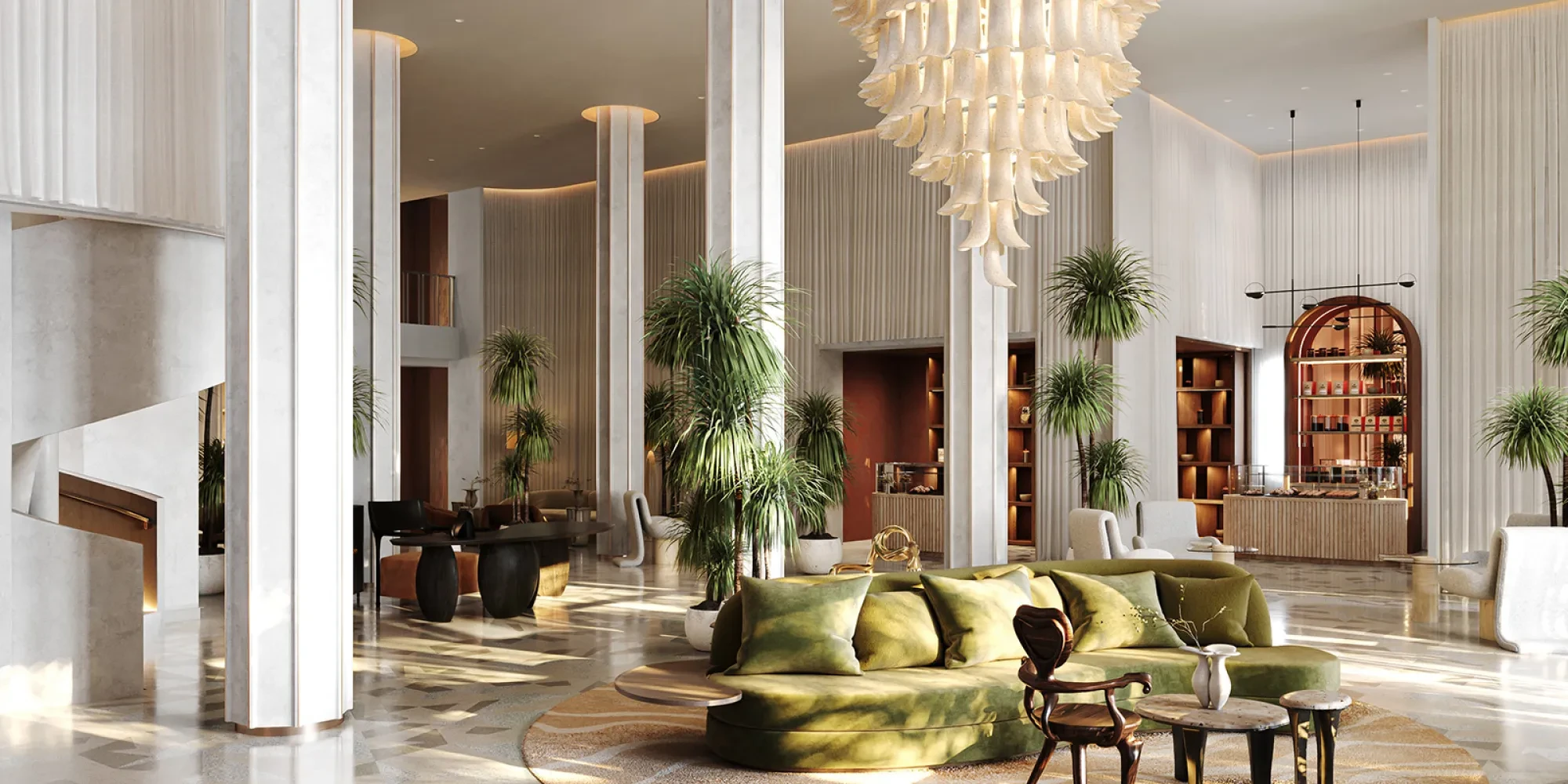Having trained hundreds of professionals, including some of the UK's most talented sommeliers, Polly shares technical knowledge and a genuine passion for the industry. Her clear and innovative vision for wine education, along with her approach centered on the stories and cultures connected to wine, makes her an essential voice in the field.
Dive into this conversation exploring passion, culture and the future of wine through the eyes of a true expert.
Hello, could you tell us about your journey and what led you to your current roles?
Like many people in this industry, wine was not my first career. My wine journey started in my mid-twenties after a chance encounter with a WSET Educator in our local wine shop. At the time I was working in Garden Design, having qualified in Horticulture, so came to the industry with a strong background in botany and soil science; something which turned out to be a huge asset in understanding wine.
Inspired originally by viticulture, I took a part-time job in that same wine shop and started my WSET journey, gaining the Diploma in 2017 and the Certified Educator certificate the following year. I ran an independent wine merchant for a number of years, before taking a position as Head of Wine for Signet Hotel group, all the while teaching WSET alongside. Signet catered to an exclusive clientele and curating high-end events around wine became a regular feature of my work. It was during this period that I formed the cornerstone ideas behind Wine With Polly, which I founded in the autumn of 2023.
As the founder of Wine With Polly, what values do you aim to convey through your high-end wine events?
Conviviality and personality. There’s a lot of ‘pomp and circumstance’ around wine and there needn’t be. Wine is one of life’s great pleasures and should be primarily about enjoyment. Enjoyment is borne of appreciation, and appreciation is borne of understanding. But understanding can be delivered on many levels; context and stories and are more accessible and interesting to many people than tasting notes, or comments on ‘structure.’
I also like to explore biases and subjectivity in my events, to highlight how we’re all fallible and liable to misconceptions. But I like to use some very fine wines to do that!
In your role as Head of Region at the UK Sommelier Academy, what is your vision for wine education, and what qualities do you believe sommeliers should possess to succeed in the evolving luxury market?
I’m delighted to be working with the UKSA in bringing the benefits of membership to a wider audience. Wine education is such a varied discipline and quite industry dependent; you need a different skill-set to succeed in sales over hospitality, for instance. Our partner, the ASI, is the authority in Sommelier training but a great Somm must not only have knowledge but also humility. It can be easy to get wrapped up in one’s own enthusiasm for the subject (I’m sure I’ve been guilty of it!) and forget that many people simply don’t possess the lexicon to communicate in the same way. Equally, you may be talking to someone who knows more about the subject than you; many wine enthusiasts and collectors have extensive knowledge. Never make assumptions. Listen. And never pretend to know more than you do – it shows greater confidence to admit what you don’t know than show off what you do.
Your collaboration with the biodynamic vineyard Winding Wood demonstrates your commitment to sustainability. What sustainable practices would you recommend to winemakers to balance quality and environmental respect?
Interestingly, sustainability and biodynamics are quite separate entities. Sustainability is incredibly important, but is a fractured term that can mean different things to different people depending on the most pressing concerns of their environment (water use, carbon capture, soil erosion, socio-economic factors etc.) Biodynamics is regulated and adheres to a set of practices that work to improve the health and productivity of a crop (for us, grapes) through improving the ecosystem as a whole. This ‘ground-up’ approach makes total sense to me. As someone who has worked with and observed plant behaviour for over 20 years, I fully conform to the idea that there is symbiosis within an environment, all elements of which must be considered if there is to be harmony.
It has been incredible to witness the improvement in quality and resilience of the grapes since the conversion from conventional agriculture. We no longer apply chemicals; instead, our applications are made in-house from locally sourced plants. Our vineyard practices are sustainable by default, more so than by design, but we are exploring other ways we can streamline our impact, for instance in bottle weight and packaging. There are always opportunities to improve.
You are writing your first book on wine tourism in England. What aspects of English wine culture would you like to highlight to attract wine enthusiasts?
I think the very fact that we have an English wine culture for the first time is something we cannot let pass us by. We are currently unregulated in the way the wine regions of Europe are, so we’re an experimental nation with everything to play for. In that sense, a wine tasting in one small region could expose a taster to dozens of different grape varietals, styles, and winemaking methods. That’s appealing to wine enthusiast! However, reputations in wine are made quickly and forgotten slowly, so we do need to be mindful of quality and style decisions as these will inevitably mark our reputation to visitors.
There are advantages in following the American & South African models, focussing on stunning venues and great hospitality to offer a 360 experience. However, I don’t endorse ‘style over substance’ so the wine quality needs to be on par to complete the picture. Thankfully, English wines go from strength to strength and there is quality to be found across all categories. The book will bring focus to the organic & biodynamic vineyards of England and Wales and how to build a holistic weekend around visiting them, taking in restaurant recommendations from winemakers and mindful places to stay.
With the evolving consumer expectations, what trends do you observe that could transform wine events?
As with all sectors, I’m sure AI will play a role. Personal profiling is always appealing, so events that can use technology to shed light on ‘what you like and why’ could bring a new facet. We must remain creative; the classic ‘wine tasting’ model is dead – the preserve of academics – and a ‘wine & cheese tasting’ – please! That just feels lazy. Our job is to offer access to experiences (or wines) that offer a fresh view or are not easily attainable. Things that will leave guests thinking and feeling long after the event has finished. Collaborations are hugely important too, using multiple elements to make a complete guest experience. An almost logarithmic effect is possible with the right partners! Again, listening to and understanding the client is paramount. Like wines, they all have their own tastes.
To end on a personal note, if you were:
- A dish: Perfectly ripe tomatoes picked warm from the vine. Sliced, and served with garlicky olive oil & sea salt on good sourdough. A scattering of Greek basil, shavings of aged parmesan. Understated yet utterly irresistible, and all about quality ingredients.
- A wine: Today – a Xinomavro from Naoussa, preferably from the winemaking Godfather of the grape, Thymiopoulos. A wine for the nostalgic and the visionary.
- A moment: Standing atop Mt Teide volcano (Spain’s highest peak) in Tenerife, looking 4000m down to the sea. (And looking forward to a glass of Tenerife wine at the bottom!)
- A quote: Stay humble, stay curious.





